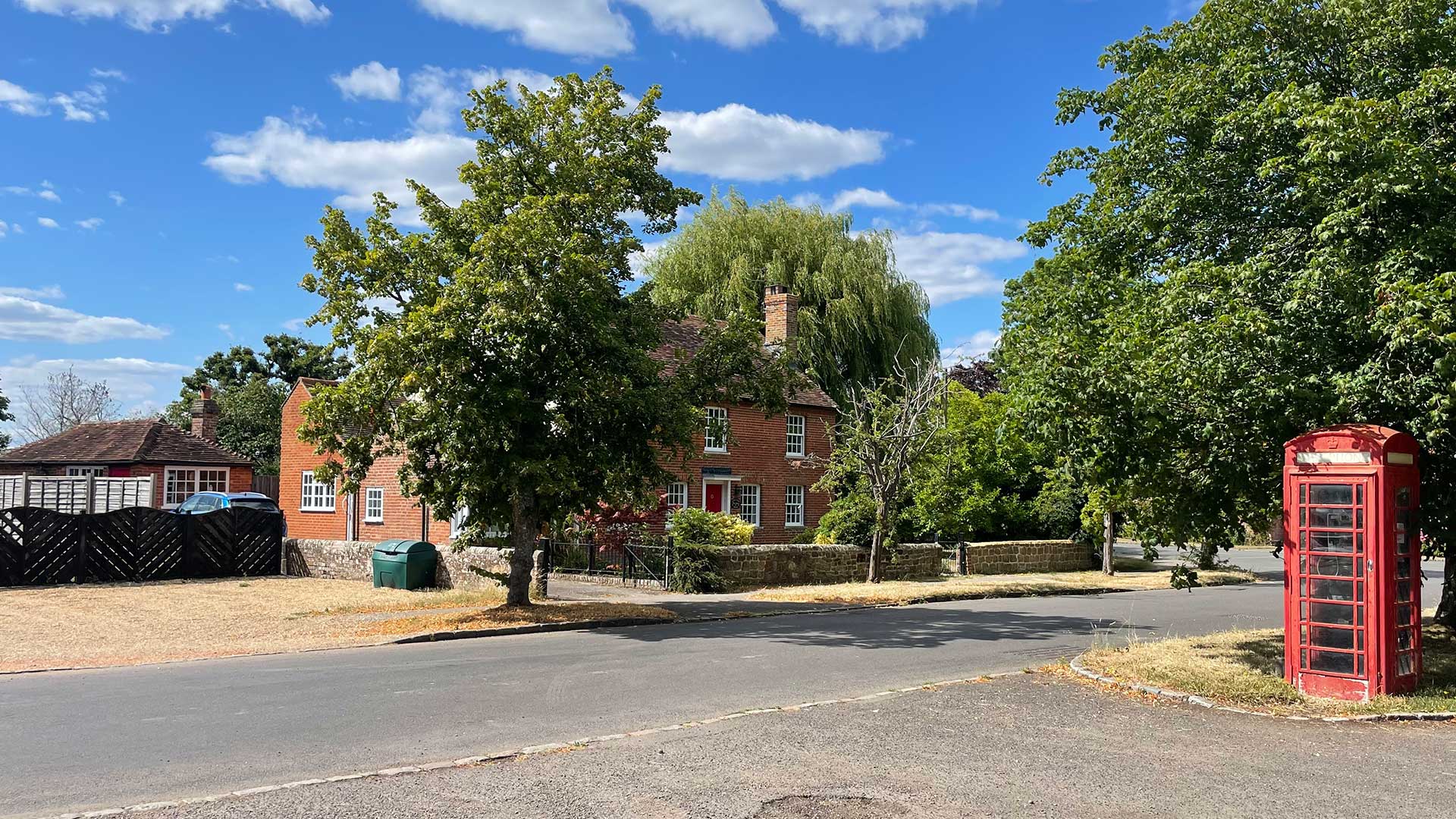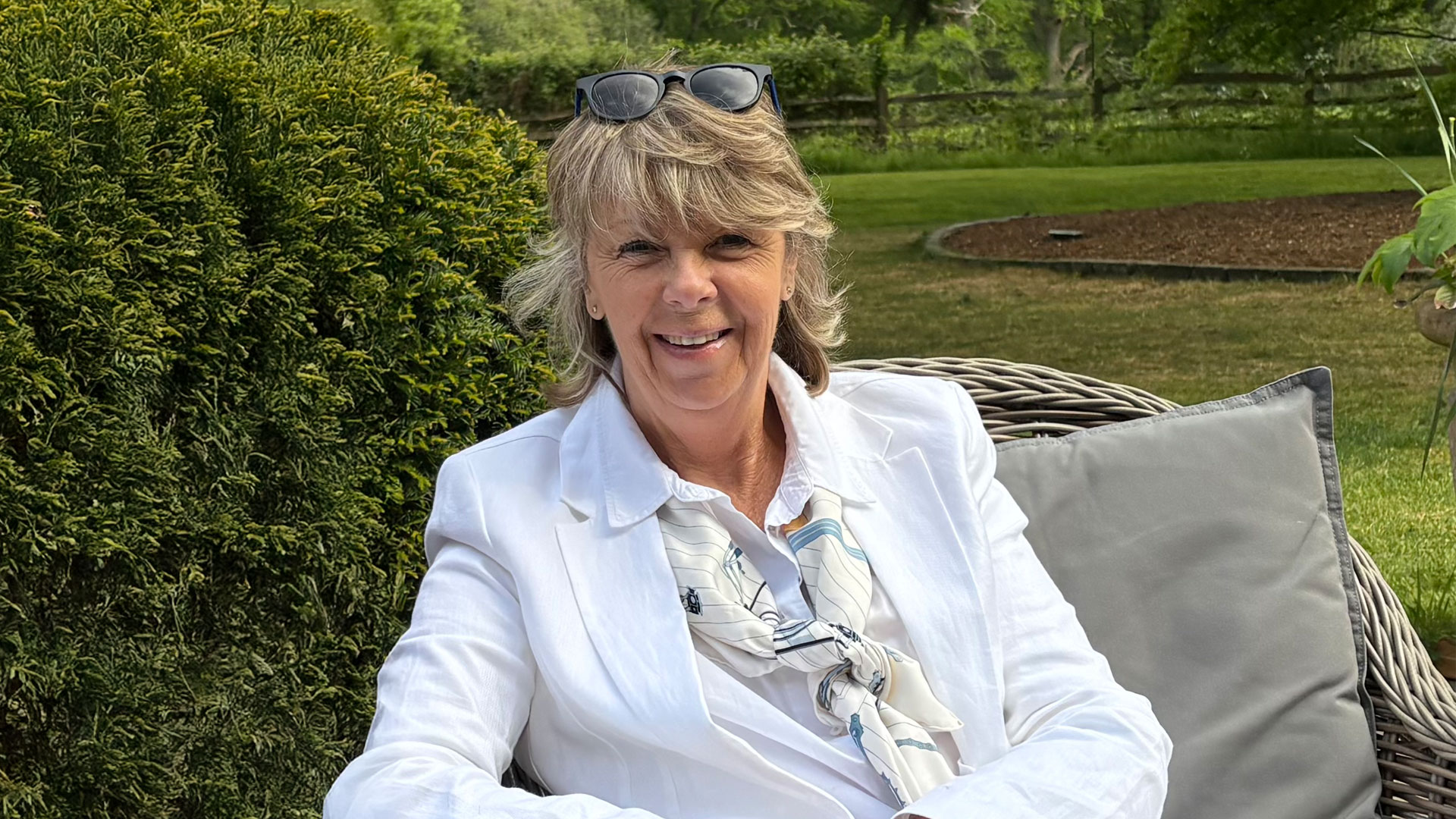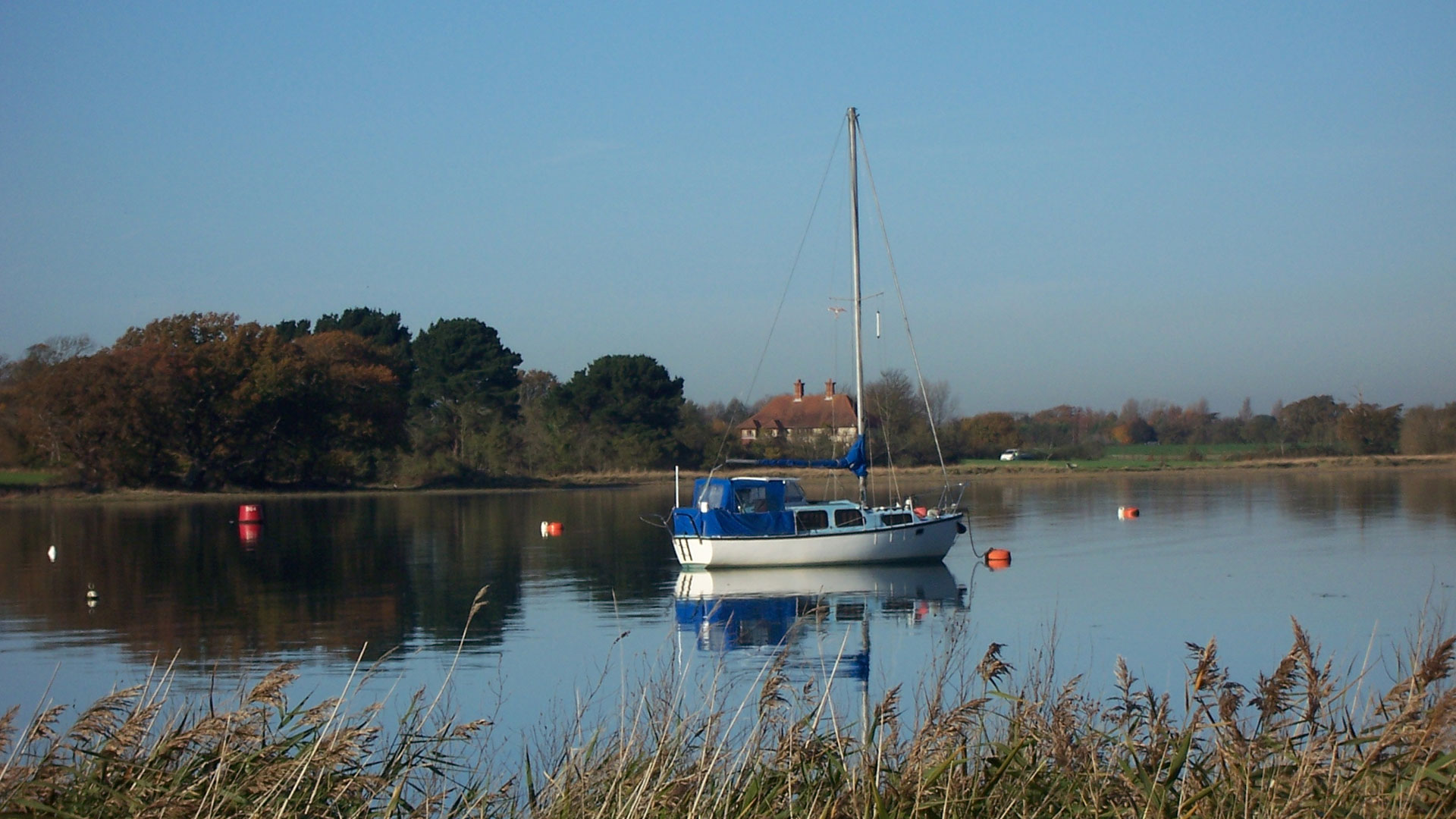Why village life in West Sussex is more popular than ever
The first thing most buyers say to us when they start their property search, is ‘we really want a nice village’. The fact that people can do their jobs and live the rural dream at the same time has opened up the countryside, and over the last few years we’ve seen a huge rise in young couples and families in their 30s and 40s moving into villages and embracing everything they have to offer with infectious enthusiasm.
With the village fete season now upon us, we look at the many charms that draw buyers to West Sussex villages – and the factors they may need to think about before making their move.
Period properties
The South Downs National Park is peppered with ancient villages, some dating from the Domesday Book, and many buyers come to the here looking for beautiful period properties and a slower pace of life. It is like stepping back in time, with local dog shows and gardening societies, fetes and village shops selling home-made cakes. Aside from a few more cars, many have barely changed in decades, which is largely down to the rigorous planning regulations and tight restrictions on new development.
Period homes often have restrictions on renovations, so make sure you understand any limitations before you buy. There is some scope for extending properties with the Park’s conservation area, with an orangery for example, but it’s not easy getting approval and significant increases to the original property footprint are usually off the cards. On the plus side, you can be confident that the village you buy in isn’t going to change drastically any time soon – which for most people is a major draw.
Large gardens
Whilst village centre properties often have relatively small front and rear cottage gardens, larger plots on the outskirts are more likely to have large mature gardens with extensive flowerbeds, hedgerows, lawns and perhaps even an orchard or a pond.
They are delightful but can require a considerable amount of maintenance all year round, so buyers should consider whether they have the time and inclination to take this on themselves or if they would need to engage the services of a professional gardener.
Transport and commuting
The rise of remote working and helped breathe new life into the more remote villages of West Sussex, which have traditionally been quieter during the week and through the winter months.
Nearby Petersfield and Haslemere stations provide easy access to London in under an hour and many commuters drive and park – so it’s advisable to research and compare the costs of train tickets and parking.
Secondary schools
Many villages boast excellent small primary schools, but secondary schools and colleges are often situated in or near larger towns or cities such as Chichester. These larger hubs are also usually home to children’s clubs, sports facilities and opportunities for social interaction with friends.
Some parents living in rural villages complain about the need to provide taxi services to teens, but most consider it a worthwhile trade off to have a quiet and safe place to raise their family. It is a good idea to consider the distances to schools and clubs however, and how far it is to the local station or bus route.
Broadband and mobile phone networks
Mobile and broadband connectivity have improved significantly across West Sussex in recent years, with large swathes of the county now enjoying full-fibre connections or superfast speeds. But there are still a few locations where the connection is weaker or less reliable.
Rather than taking the seller’s word for it, we always recommend checking broadband speed during viewings, to make sure the connection is strong and reliable enough for home working, if that’s what you need.
Restaurants and pubs
We are spoilt for choice when it comes to fantastic pubs in West Sussex. The Horseguard’s Inn in Tillington, The White Horse in Sutton and The Swan in Fittleworth are just a few examples of excellent pubs serving fresh, locally produced food and English sparkling wine.
Pubs are often the hub of village life, and having a good one the doorstep without having to get in the car and drive is always a strong pull for buyers.
Local community
Once you have settled in, there’s a good chance you will be invited to participate in village life, from helping with church floral arrangements, contributing to the parish magazine or baking a cake for the summer fete.
These activities are integral to village life and are a great way to get to know people locally and become a valued member of the community.
In Conclusion
While there are practical considerations — from commuting routes and school catchments to garden upkeep and broadband strength — for most people, these are outweighed by the richness of village life. For buyers seeking a quieter and gentler pace of life, a traditional West Sussex village is hard to beat.












